Alcohol Cleaner DIY Solutions: Unlock the secrets to a sparkling clean home with the power of rubbing alcohol! Are you tired of spending a fortune on commercial cleaners filled with harsh chemicals? I know I was! That’s why I dove headfirst into the world of DIY cleaning, and let me tell you, the results are amazing.
Using alcohol as a cleaning agent isn’t exactly new. In fact, throughout history, various cultures have utilized alcohol’s disinfectant properties for everything from wound care to preserving food. Think about it – even our grandmothers probably had a secret alcohol-based cleaning trick up their sleeves!
But why should you embrace Alcohol Cleaner DIY Solutions? Well, for starters, it’s incredibly cost-effective. A single bottle of rubbing alcohol can replace a whole cabinet full of expensive cleaners. Plus, you’ll know exactly what’s going into your cleaning solutions, avoiding those mystery ingredients that can irritate your skin or harm the environment. This article will guide you through simple, effective, and safe DIY alcohol cleaner recipes that will leave your home spotless and your wallet happy. Get ready to ditch the store-bought stuff and embrace the power of DIY!
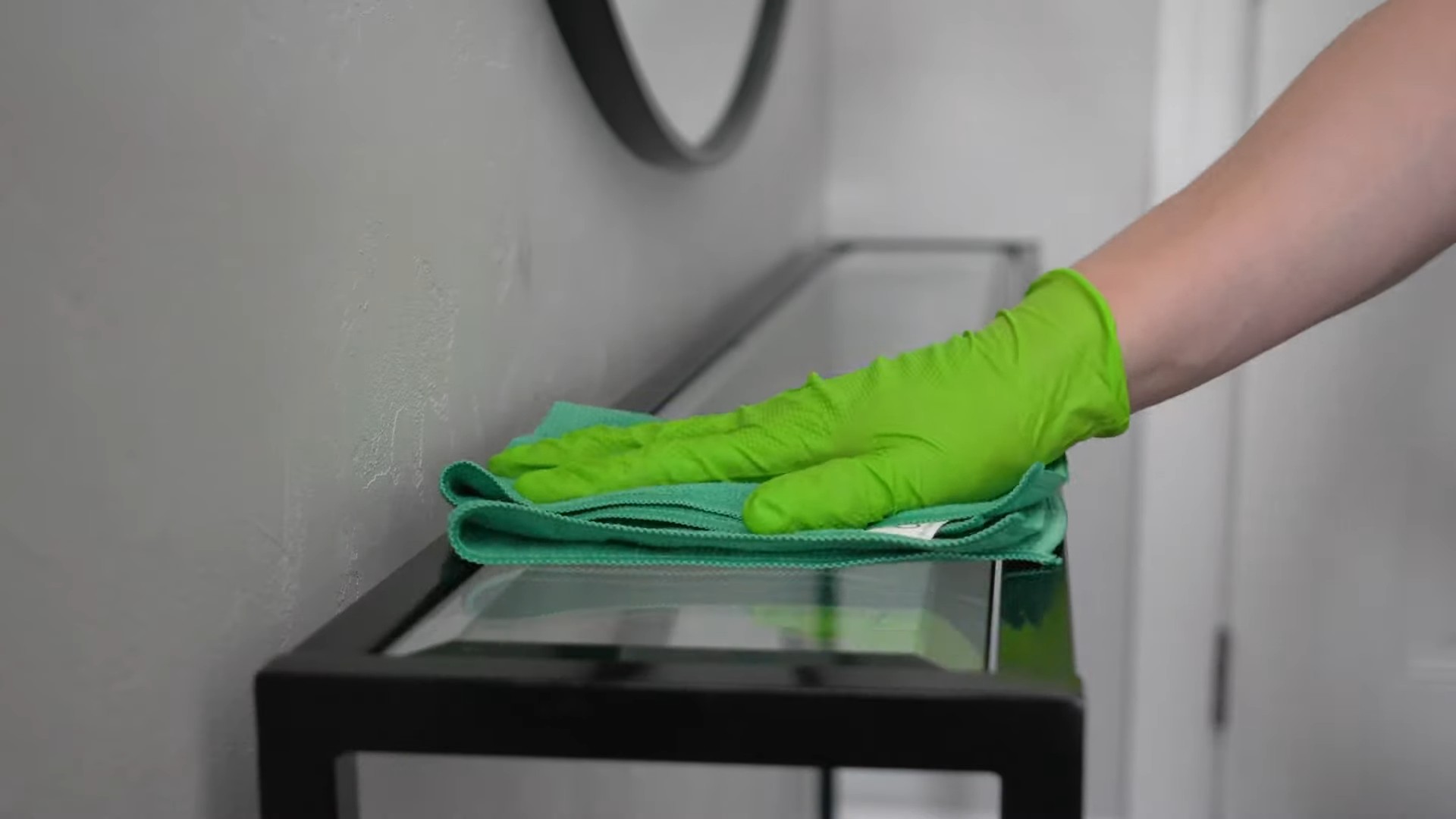
DIY Alcohol Cleaner: Your Guide to Sparkling Surfaces
Hey everyone! I’m so excited to share my favorite DIY alcohol cleaner recipes with you. I’ve been using these for years, and they’re not only effective but also much more budget-friendly and eco-conscious than store-bought options. Plus, you know exactly what’s going into them!
Why Alcohol Cleaners?
Before we dive in, let’s quickly chat about why alcohol is such a fantastic cleaning agent. It’s a powerful disinfectant, meaning it kills germs and bacteria. It also evaporates quickly, leaving surfaces streak-free and shiny. Isopropyl alcohol (also known as rubbing alcohol) is the most common type used for cleaning, and you can usually find it in concentrations of 70% or 91%. I personally prefer the 70% for general cleaning as it contains a bit more water, which helps it stay on surfaces longer for better disinfection.
Safety First!
Important: Always work in a well-ventilated area when using alcohol. Avoid contact with your eyes and skin. Keep alcohol and alcohol-based cleaners away from open flames and heat sources. And, of course, keep them out of reach of children and pets.
Gather Your Supplies
Here’s a general list of what you’ll need for most of these recipes. I’ll specify if anything extra is required for a particular cleaner.
* Isopropyl alcohol (70% or 91%)
* Distilled water (tap water can work in a pinch, but distilled is best to avoid mineral buildup)
* Spray bottles (I like to have a few different sizes on hand)
* Essential oils (optional, for fragrance and added cleaning power)
* Measuring cups and spoons
* Microfiber cloths (these are my go-to for streak-free cleaning)
* Funnel (makes pouring liquids into spray bottles much easier)
* Gloves (optional, but recommended if you have sensitive skin)
General Mixing Guidelines
A good rule of thumb for most alcohol-based cleaners is to use a ratio of 1:1 or 2:1 alcohol to water. For example, a 1:1 ratio would be equal parts alcohol and water, while a 2:1 ratio would be two parts alcohol to one part water. I’ll specify the exact ratios for each recipe below.
Recipe 1: All-Purpose Alcohol Cleaner
This is my go-to for everyday cleaning. It’s safe for most surfaces, including countertops, sinks, and appliances.
Ingredients:
* 1 cup isopropyl alcohol (70%)
* 1 cup distilled water
* 10-15 drops of your favorite essential oil (I love lemon, lavender, or tea tree)
Instructions:
1. Combine ingredients: In a measuring cup, combine the isopropyl alcohol and distilled water.
2. Add essential oils: Add your chosen essential oils.
3. Mix well: Stir the mixture thoroughly.
4. Pour into spray bottle: Using a funnel, carefully pour the mixture into a clean spray bottle.
5. Label: Label the bottle with the name of the cleaner and the date. This is important so you don’t accidentally mix it up with something else!
6. Use: Spray the cleaner onto the surface you want to clean and wipe with a microfiber cloth.
Recipe 2: Glass and Mirror Cleaner
Say goodbye to streaks! This cleaner will leave your glass and mirrors sparkling.
Ingredients:
* 1/2 cup isopropyl alcohol (70% or 91%)
* 1/2 cup distilled water
* 1 tablespoon white vinegar (for extra cleaning power)
Instructions:
1. Combine ingredients: In a measuring cup, combine the isopropyl alcohol, distilled water, and white vinegar.
2. Mix well: Stir the mixture thoroughly.
3. Pour into spray bottle: Using a funnel, carefully pour the mixture into a clean spray bottle.
4. Label: Label the bottle with the name of the cleaner and the date.
5. Use: Spray the cleaner onto the glass or mirror and wipe with a clean microfiber cloth. For best results, use a dry microfiber cloth to buff the surface after wiping.
Recipe 3: Electronics Cleaner
Caution: Always unplug electronics before cleaning them. Never spray cleaner directly onto electronics.
This cleaner is perfect for cleaning your phone, tablet, laptop screen, and other electronic devices. It’s gentle enough not to damage the screens but effective at removing fingerprints and smudges.
Ingredients:
* 1/4 cup isopropyl alcohol (70%)
* 3/4 cup distilled water
Instructions:
1. Combine ingredients: In a measuring cup, combine the isopropyl alcohol and distilled water.
2. Mix well: Stir the mixture thoroughly.
3. Pour into spray bottle: Using a funnel, carefully pour the mixture into a clean spray bottle.
4. Label: Label the bottle with the name of the cleaner and the date.
5. Use: Lightly spray the cleaner onto a clean microfiber cloth. Gently wipe the screen or surface of the electronic device. Be careful not to get any liquid into openings. Allow the surface to air dry completely before using the device.
Recipe 4: Disinfecting Wipes
These are great for quick cleanups and disinfecting surfaces on the go.
Ingredients:
* 1 cup isopropyl alcohol (70%)
* 1/2 cup distilled water
* 1 tablespoon dish soap (optional, for extra cleaning power)
* Roll of paper towels (cut in half)
* Airtight container with a lid (like an old wipes container or a plastic food container)
Instructions:
1. Prepare the paper towels: Remove the cardboard tube from the center of the paper towel roll.
2. Combine ingredients: In a measuring cup, combine the isopropyl alcohol, distilled water, and dish soap (if using).
3. Mix well: Stir the mixture thoroughly.
4. Place paper towels in container: Place the paper towel roll into the airtight container.
5. Pour liquid over paper towels: Slowly pour the liquid mixture over the paper towels, making sure to saturate them evenly.
6. Let soak: Allow the paper towels to soak up the liquid for about 5-10 minutes.
7. Pull out the center sheet: Once the paper towels are saturated, pull out the center sheet from the roll. This will start the dispensing process.
8. Close the lid: Close the lid of the container tightly.
9. Use: Pull out a wipe as needed and use it to clean and disinfect surfaces.
Recipe 5: Shoe Deodorizer
This is a lifesaver for smelly shoes! Alcohol helps kill bacteria that cause odor.
Ingredients:
* 1/2 cup isopropyl alcohol (70%)
* 1/2 cup distilled water
* 10-15 drops of tea tree essential oil (tea tree has antibacterial and antifungal properties)
Instructions:
1. Combine ingredients: In a measuring cup, combine the isopropyl alcohol, distilled water, and tea tree essential oil.
2. Mix well: Stir the mixture thoroughly.
3. Pour into spray bottle: Using a funnel, carefully pour the mixture into a clean spray bottle.
4. Label: Label the bottle with the name of the cleaner and the date.
5. Use: Spray the inside of your shoes with the deodorizer. Allow them to air dry completely before wearing them.
Recipe 6: Shower Cleaner
This helps prevent mildew and keeps your shower sparkling.
Ingredients:
* 1 cup isopropyl alcohol (70%)
* 1 cup distilled water
* 10 drops of eucalyptus essential oil (eucalyptus has antibacterial and antifungal properties and smells great!)
Instructions:
1. Combine ingredients: In a measuring cup, combine the isopropyl alcohol, distilled water, and eucalyptus essential oil.
2. Mix well: Stir the mixture thoroughly.
3. Pour into spray bottle: Using a funnel, carefully pour the mixture into a clean spray bottle.
4. Label: Label the bottle with the name of the cleaner and the date.
5. Use: After each shower, spray the walls and door of your shower with the cleaner. No need to rinse!
Troubleshooting and Tips
* Cloudy Cleaner: If your cleaner looks cloudy, it’s likely due to the essential oils not fully dissolving. Try adding a small amount of solubilizer (like Polysorbate 20) to help the oils mix properly.
* Strong Alcohol Smell: The alcohol smell will dissipate quickly as it evaporates. If you’re sensitive to the smell, add more essential oils or use a lower concentration of alcohol.
* Surface Damage:
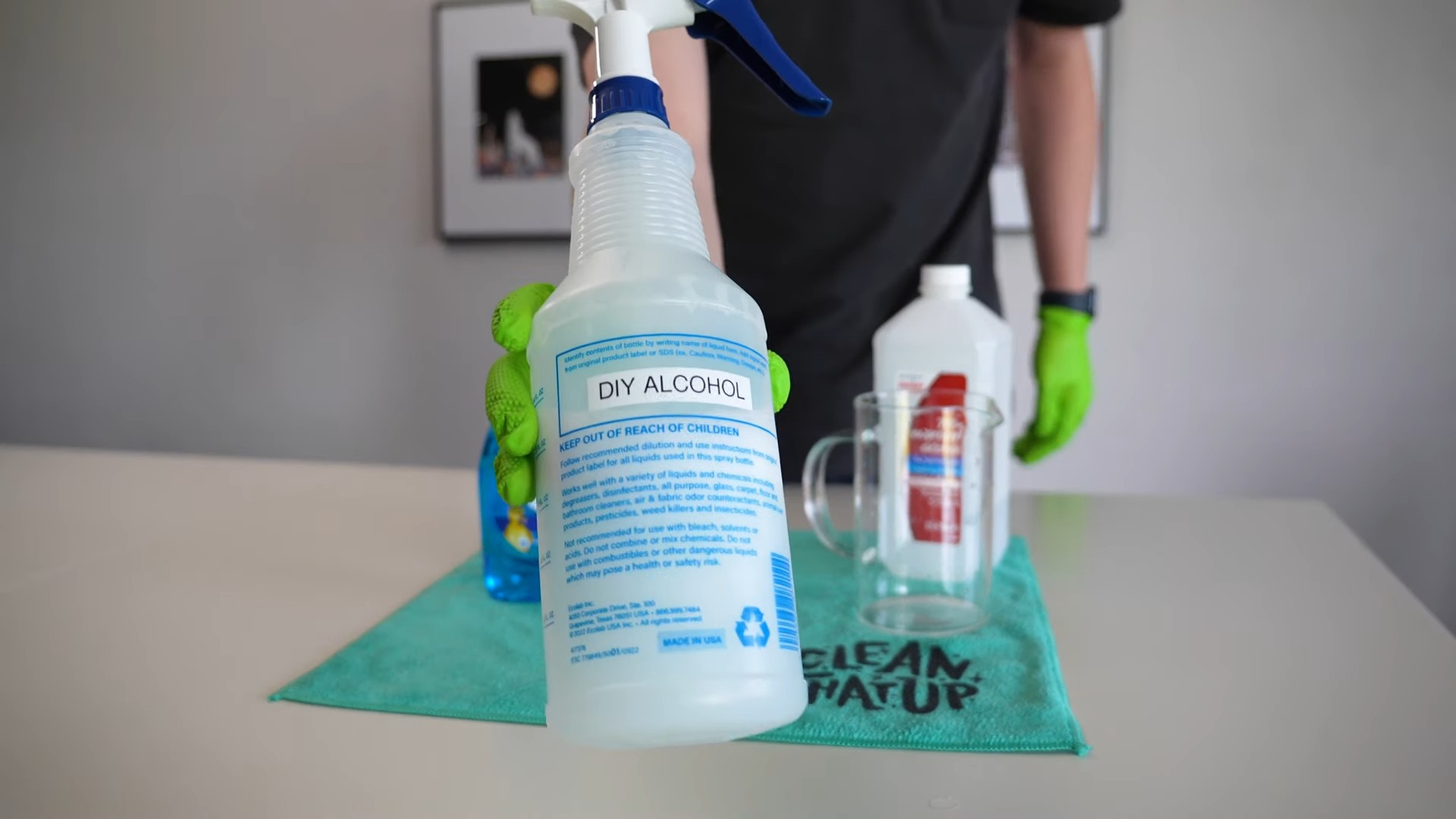
Conclusion
So, there you have it! Crafting your own alcohol cleaner DIY solutions is not only incredibly simple and cost-effective, but it also empowers you to take control of the ingredients you’re using in your home. In a world saturated with harsh chemicals and questionable additives, knowing exactly what goes into your cleaning products offers invaluable peace of mind.
This isn’t just about saving a few dollars (though that’s certainly a perk!). It’s about creating a safer, healthier environment for yourself, your family, and even your pets. Think about it: you’re reducing your exposure to potentially harmful chemicals, minimizing plastic waste by reusing spray bottles, and tailoring your cleaning solutions to your specific needs.
But the benefits don’t stop there. The versatility of alcohol cleaner DIY solutions is truly remarkable. Need a quick disinfectant for kitchen countertops? A gentle sanitizer for your hands? A streak-free cleaner for your mirrors and windows? This simple formula can handle it all.
Ready to take it to the next level? Consider these variations:
* Infused Citrus Cleaner: Add citrus peels (lemon, orange, grapefruit) to your alcohol and water mixture. Let it steep for a week or two, shaking occasionally. The citrus oils will infuse the cleaner with a refreshing scent and add extra degreasing power. Strain the peels before using.
* Essential Oil Boost: Enhance your cleaner with a few drops of your favorite essential oils. Lavender, tea tree, eucalyptus, and peppermint are all excellent choices for their antibacterial and antiviral properties, as well as their pleasant aromas.
* Vinegar Power-Up: For tougher cleaning jobs, add a splash of white vinegar to your alcohol cleaner DIY solution. Vinegar is a natural disinfectant and degreaser that can help tackle stubborn stains and grime. Be cautious when using vinegar on certain surfaces like marble or granite.
* Herbal Infusion: Infuse your alcohol with herbs like rosemary, thyme, or sage for a unique and aromatic cleaner. These herbs have natural antiseptic properties and can add a subtle, earthy scent to your home.
Don’t be afraid to experiment and find the perfect alcohol cleaner DIY solution for your needs. The beauty of this method is its adaptability. You can adjust the ratios of alcohol and water, add different essential oils, or try various infusions to create a cleaner that’s perfectly tailored to your preferences.
We’re confident that once you try making your own alcohol cleaner, you’ll never go back to store-bought alternatives. It’s a simple, effective, and eco-friendly way to keep your home clean and healthy.
So, what are you waiting for? Gather your ingredients, mix up a batch, and experience the difference for yourself. And most importantly, we want to hear about your experience! Share your tips, variations, and results in the comments below. Let’s build a community of DIY cleaning enthusiasts and create a cleaner, healthier world together. We encourage you to share your unique twists and discoveries with the world. Your insights could inspire others to embrace the power of homemade cleaning solutions.
Frequently Asked Questions (FAQ)
What type of alcohol should I use for my DIY cleaner?
The best type of alcohol to use is isopropyl alcohol (also known as rubbing alcohol) with a concentration of 70% or higher. A higher concentration is more effective at killing germs and bacteria. You can find isopropyl alcohol at most drugstores and supermarkets. Avoid using denatured alcohol, as it contains additives that can be harmful.
Is a 70% alcohol solution as effective as a 90% or higher solution?
While a higher concentration of alcohol (90% or higher) might seem more effective, a 70% solution is actually preferable for disinfection. This is because the presence of water helps the alcohol penetrate the cell walls of bacteria and viruses more effectively. A higher concentration can evaporate too quickly, preventing it from fully disinfecting the surface.
Can I use vodka or other spirits as a substitute for isopropyl alcohol?
While vodka and other spirits contain alcohol, their alcohol content is typically much lower than isopropyl alcohol. This makes them less effective as disinfectants. If you’re in a pinch and need a quick surface wipe, a high-proof vodka (80 proof or higher) might offer some sanitizing benefits, but it’s not a reliable substitute for isopropyl alcohol for thorough disinfection.
What surfaces can I safely clean with an alcohol-based cleaner?
Alcohol-based cleaners are generally safe for use on most hard, non-porous surfaces, including:
* Glass
* Mirrors
* Stainless steel
* Ceramic tile
* Plastic
* Sealed granite and marble (test in an inconspicuous area first)
Avoid using alcohol-based cleaners on:
* Painted or varnished surfaces (alcohol can dissolve the finish)
* Natural stone (like unsealed granite or marble)
* Electronics screens (use a cleaner specifically designed for electronics)
* Leather or suede
How do I store my homemade alcohol cleaner?
Store your homemade alcohol cleaner in a clean, labeled spray bottle. Keep it out of reach of children and pets. It’s best to store it in a cool, dark place to prevent the alcohol from evaporating.
How long does homemade alcohol cleaner last?
Homemade alcohol cleaner can last for several months if stored properly. However, it’s best to use it within 3-6 months to ensure its effectiveness. Over time, the alcohol can evaporate, reducing its disinfecting power.
Can I add essential oils to my alcohol cleaner?
Yes, adding essential oils can enhance the cleaning power and scent of your alcohol cleaner. Some essential oils, like tea tree, lavender, eucalyptus, and lemon, have antibacterial and antiviral properties. Add a few drops of your favorite essential oil to your alcohol and water mixture.
Is alcohol cleaner safe to use around children and pets?
While alcohol cleaner is generally safe when used properly, it’s important to take precautions when using it around children and pets. Keep the cleaner out of reach of children and pets. Avoid spraying it directly on them. Ensure proper ventilation when using the cleaner to prevent inhalation of fumes.
Can I use alcohol cleaner to sanitize my hands?
Yes, alcohol cleaner with a concentration of 70% or higher can be used to sanitize your hands. However, frequent use can dry out your skin. Consider adding a few drops of glycerin or aloe vera gel to your homemade hand sanitizer to help moisturize your skin.
My alcohol cleaner smells too strong. How can I reduce the odor?
The strong odor of alcohol cleaner can be overpowering for some people. To reduce the odor, you can add a few drops of essential oils, like lavender or lemon. You can also try using a lower concentration of alcohol (70% instead of 90%) or diluting the cleaner with more water. Ensure proper ventilation when using the cleaner to minimize the odor.

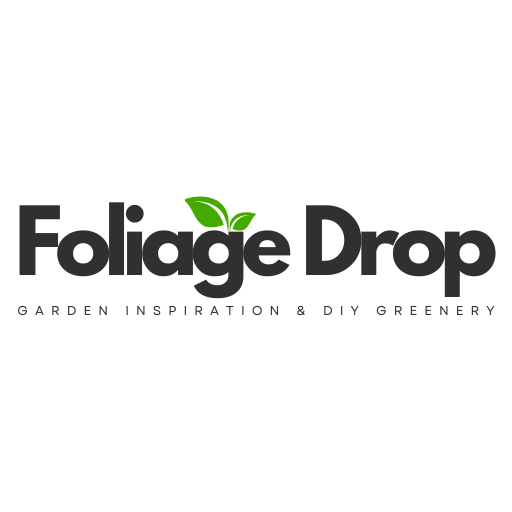
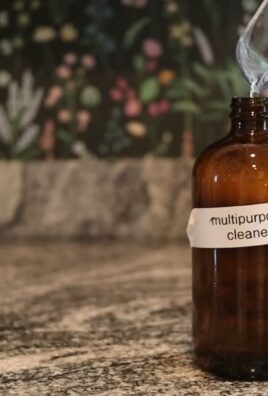
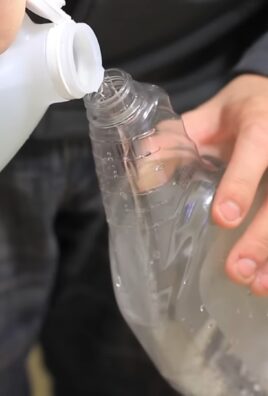
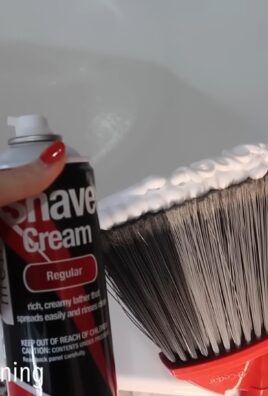
Leave a Comment